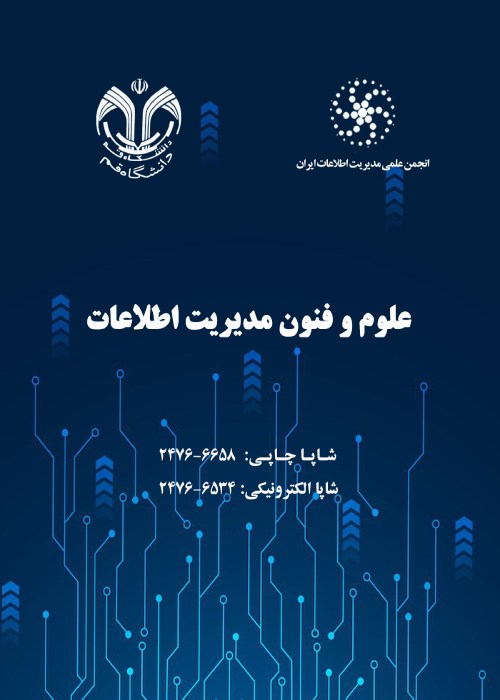Challenges to Creating Impact in Humanities and Social Sciences in Iran: A Grounded Theory Analysis
Increasingly, researchers and universities are demanded to demonstrate the relevance of their publicly funded research projects to societal challenges and development. This societal contribution is referred to as research impact in Iran. The primary purpose of the present study was to evaluate the challenges of creating research impact in Social Sciences and Humanities (SSH) in Iran’s context. To do so, we investigated participants' viewpoints from the research community and potential research users.
This was a qualitative study with an explanatory orientation to address the study aim. Participants were SSH researchers and research managers at Iranian national universities as well as representatives of governmental organizations that had direct roles in the production or the use of research results. We used purposeful snowball sampling to identify participants with relevant knowledge and experience. Accordingly, we carried out semi-structured interviews with 16 participants. For analyzing the data, the grounded theory method was used, and then a final theory was formed.
Data from the interviews represented broad challenges in the process of research to impact. Specifically, these challenges were classified into six categories, namely, the core phenomenon, causal, contextual, and intervening conditions, strategies, and consequences. Each of these categories relates to a different aspect of challenges that researchers or potential users face in knowledge mobilization and uptake of research evidence.
The study revealed that the main obstacle to creating research impact in SSH in Iran is the lack of a definition for knowledge mobilization that is appropriate to SSH research. The current definitions and structures in universities are not consistent with the characteristics of SSH research and its audience. Furthermore, since this definition is not consistent with the nature of SSH research, researchers do not receive the necessary incentives and support for this purpose and are not able to integrate knowledge mobilization activities with their current academic activities and responsibilities. These findings emphasize the role of universities in facilitating the impact creation process by employing appropriate definitions and structures for knowledge mobilization.
- حق عضویت دریافتی صرف حمایت از نشریات عضو و نگهداری، تکمیل و توسعه مگیران میشود.
- پرداخت حق اشتراک و دانلود مقالات اجازه بازنشر آن در سایر رسانههای چاپی و دیجیتال را به کاربر نمیدهد.



